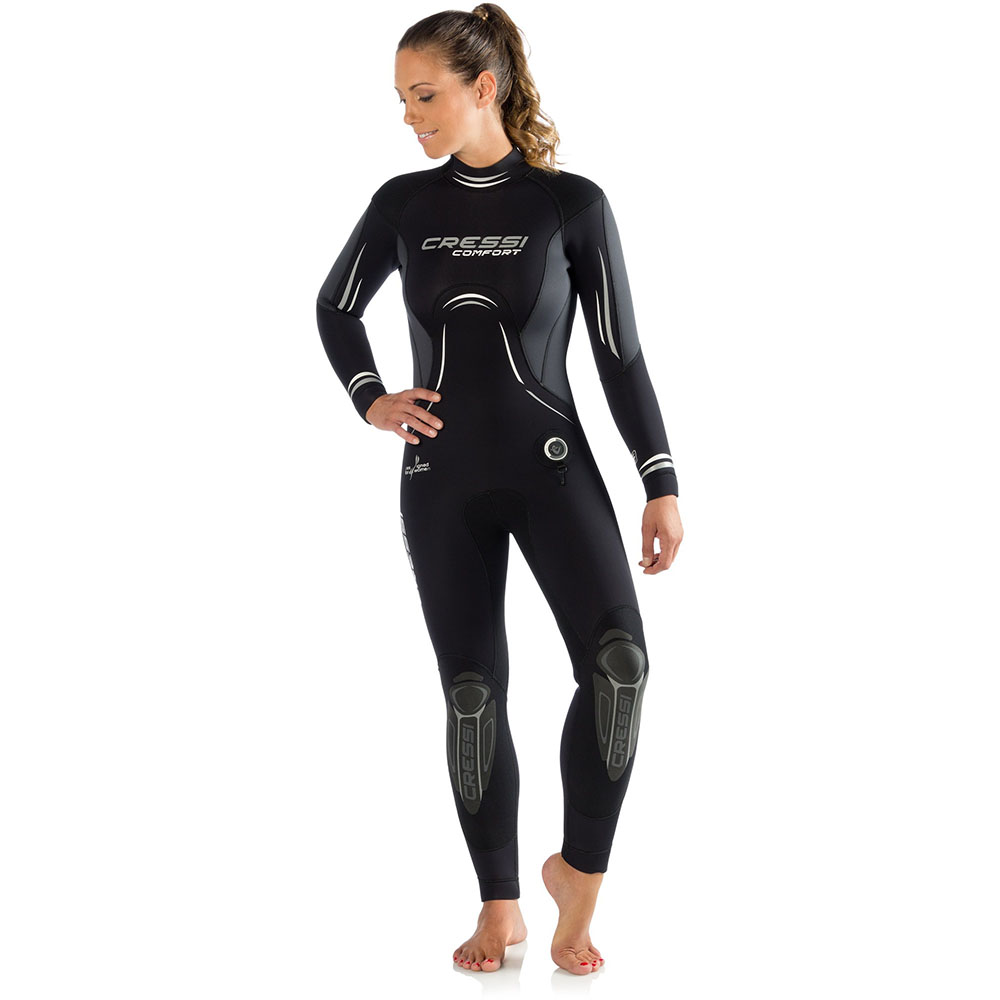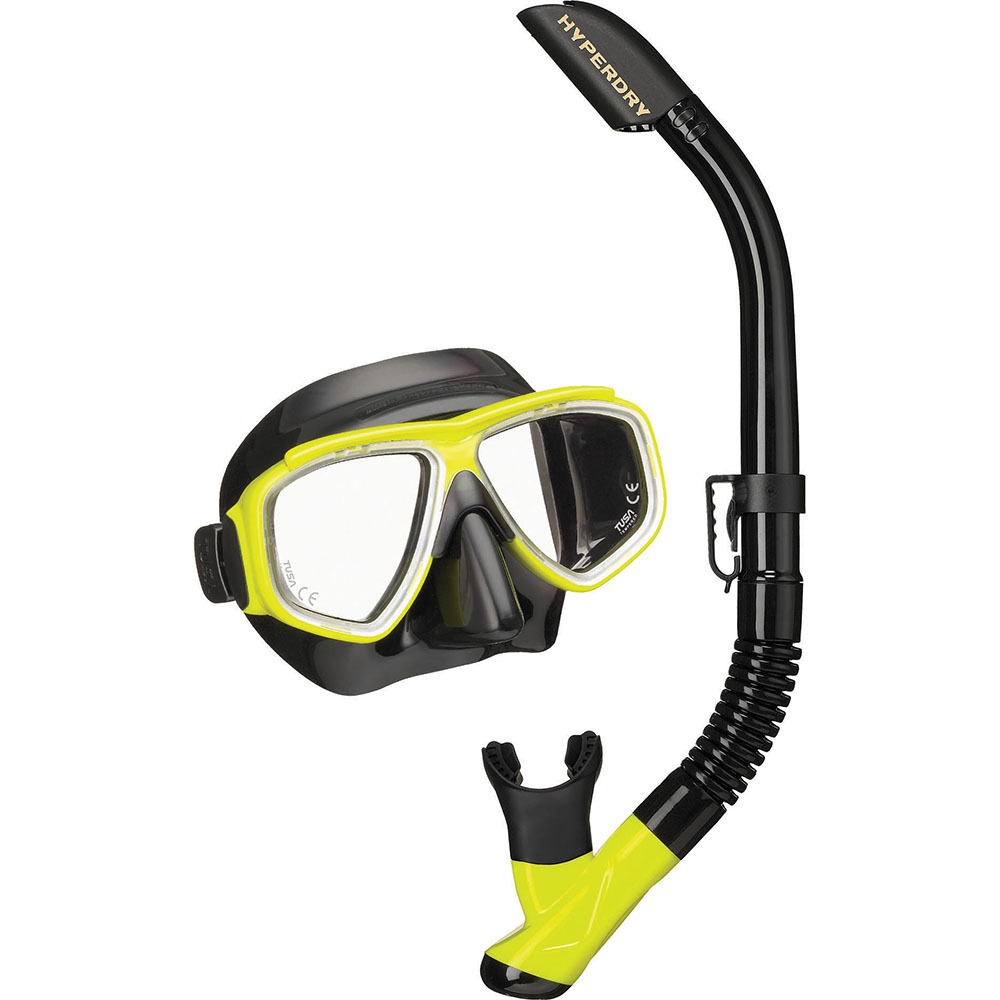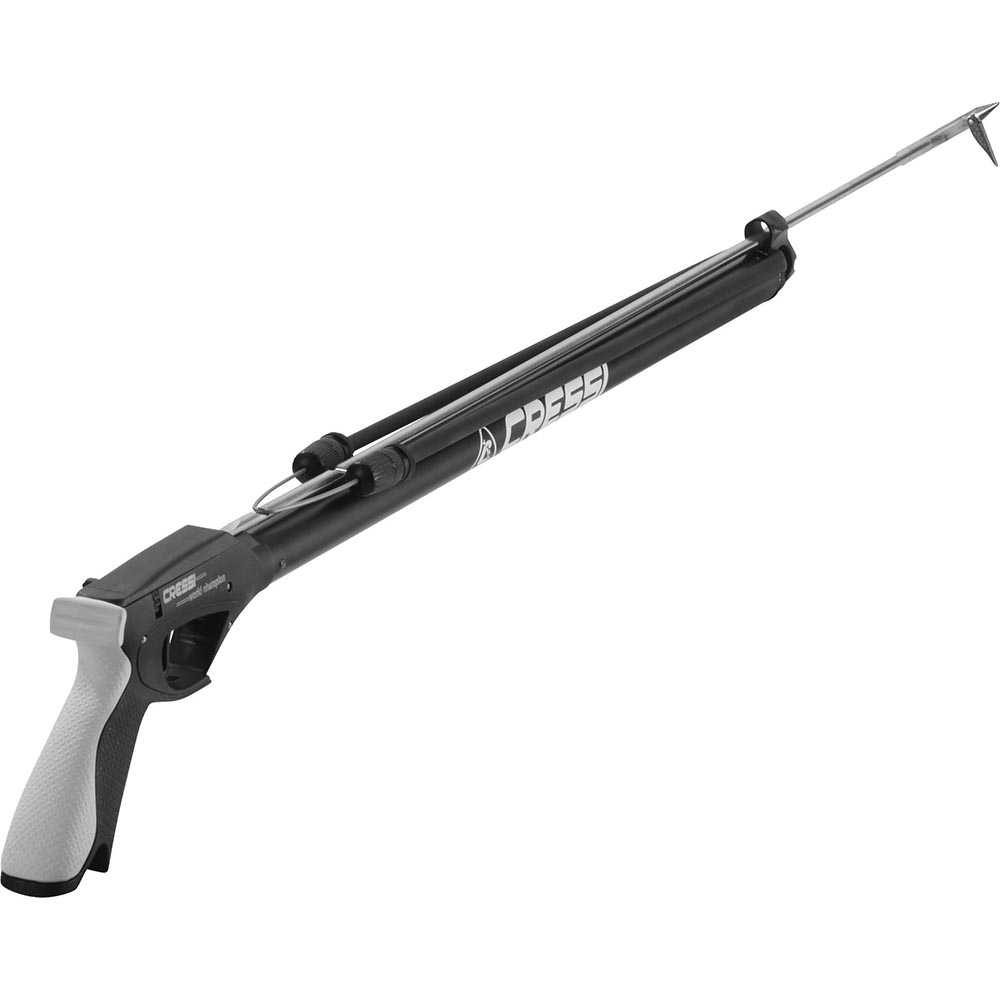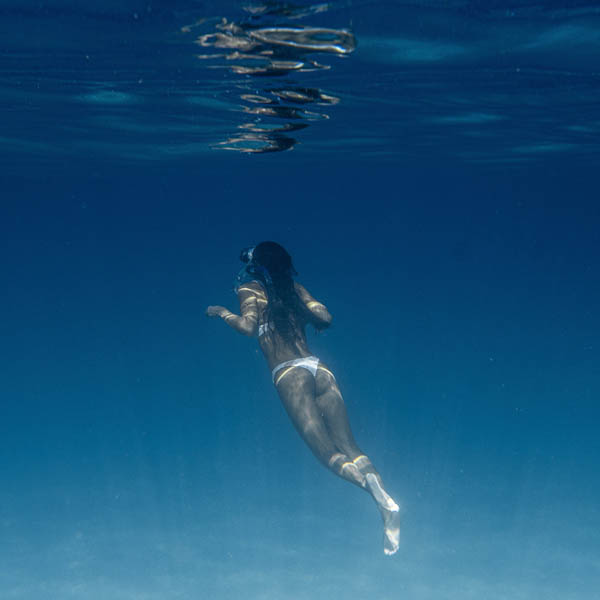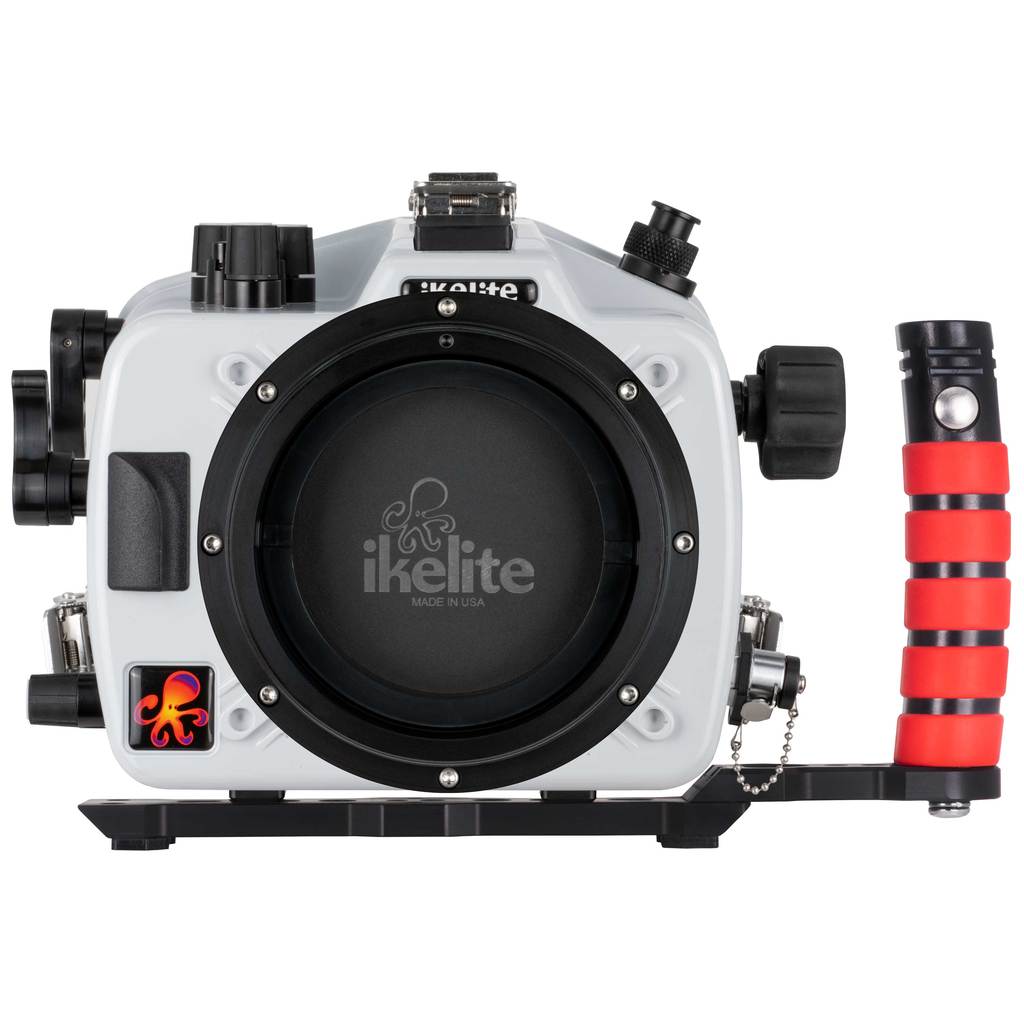The main difference between an open cell wetsuit and a closed cell wetsuit lies in the type of neoprene used in their manufacturing process.
An open cell wetsuit is made with a type of neoprene that has a porous, “open cell” interior. This means that the inside of the neoprene material is exposed and feels soft and plush to the touch. When worn, the open cell neoprene creates a very snug fit against the skin, providing excellent insulation and minimizing water circulation inside the suit. However, the open cell neoprene is delicate and can easily tear if not handled with care. To help put on an open cell wetsuit, lubricants such as soapy water or specialized solutions are often used to assist in sliding the suit onto the body.
On the other hand, a closed cell wetsuit is made with a neoprene material that has a closed, smooth surface both inside and outside. It doesn’t have the exposed, porous interior like an open cell wetsuit. The closed cell neoprene is more durable and resistant to tears and abrasions, making it suitable for rougher conditions. Closed cell wetsuits are often lined with nylon or other materials for added strength and durability. Unlike open cell wetsuits, closed cell wetsuits are easier to put on and take off since they don’t require lubricants.
Both open cell and closed cell wetsuits have their advantages. Open cell wetsuits tend to be favored by experienced divers and freedivers who prioritize maximum insulation and flexibility, while closed cell wetsuits are more commonly used by recreational divers, surfers, and water sports enthusiasts who require durability and ease of use.
Open Cell Wetsuits Pros:
- Superior Insulation: The snug fit of open cell neoprene provides excellent insulation, keeping the body warm in cold water conditions.
- Enhanced Flexibility: Open cell neoprene is more flexible and stretchable, allowing for greater freedom of movement underwater.
- Minimal Water Circulation: The tight seal created by open cell wetsuits reduces water circulation inside the suit, helping to maintain body heat.
- Lightweight: Open cell wetsuits are generally lighter in weight compared to closed cell wetsuits, providing a more comfortable and less restrictive experience.
- Ideal for Experienced Divers: Open cell wetsuits are popular among experienced divers and freedivers who prioritize performance and require maximum flexibility.
Open Cell Wetsuits Cons:
- Fragility: Open cell neoprene is delicate and prone to tearing if not handled with care, making it less durable than closed cell neoprene.
- Difficult to Put On: Open cell wetsuits require the use of lubricants or soapy water to help slide the suit onto the body, which can be time-consuming and messy.
- Higher Maintenance: Open cell wetsuits require regular cleaning and proper storage to prevent damage to the delicate neoprene material.
- Higher Cost: Due to the specialized construction and performance benefits, open cell wetsuits tend to be more expensive than closed cell wetsuits
Closed Cell Wetsuits Pros:
- Durability: Closed cell wetsuits are more resistant to tears and abrasions, making them durable and suitable for rougher conditions.
- Easy to Put On: Closed cell wetsuits don’t require lubricants, making them easier and quicker to put on and take off.
- Versatility: Closed cell wetsuits are commonly used in various water sports activities, including diving, surfing, and other water sports.
- Lower Maintenance: Closed cell wetsuits generally require less maintenance compared to open cell wetsuits, as they are less susceptible to damage.
Closed Cell Wetsuits Cons:
- Reduced Flexibility: Closed cell neoprene is generally less flexible than open cell neoprene, which may restrict movement to some extent.
- Potentially Less Warmth: Closed cell wetsuits may have slightly lower insulation properties compared to open cell wetsuits, although this can vary depending on the specific design and thickness of the suit.
- Heavier: Closed cell wetsuits tend to be slightly heavier due to the additional lining materials used for durability.
It’s important to note that the suitability of a wetsuit depends on individual preferences, water temperature, activity, and skill level. It’s recommended to try different types of wetsuits and consider these pros and cons to choose the one that best fits your specific needs and requirements. Check our range of open cell and closed cell wetsuits here.
